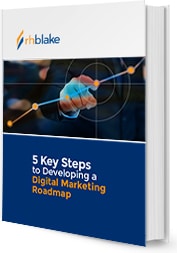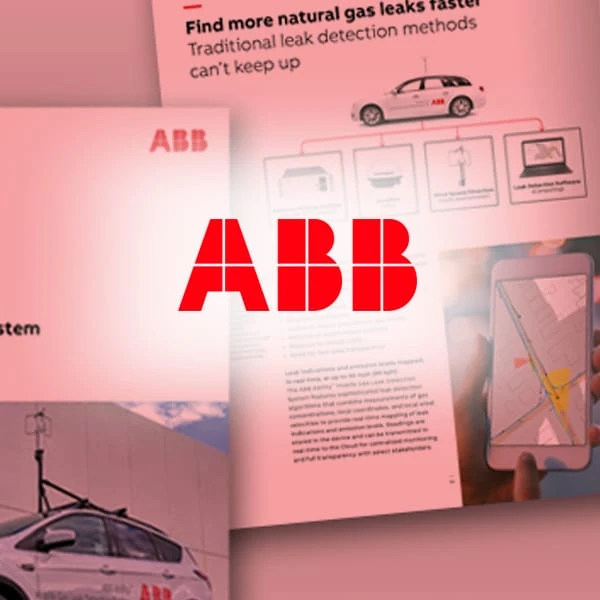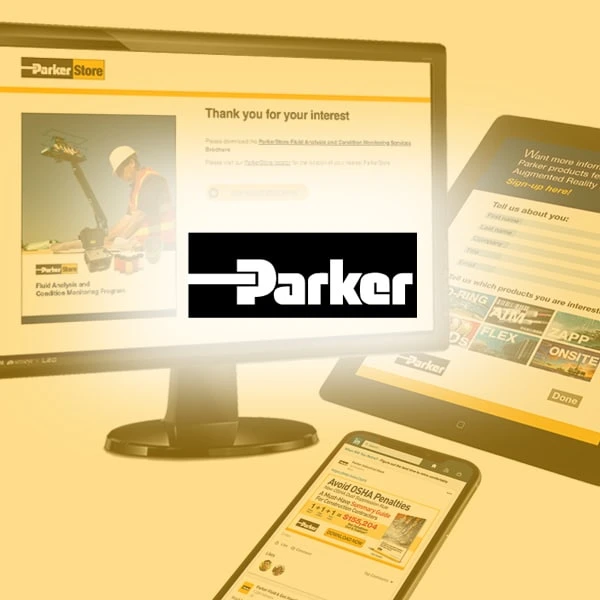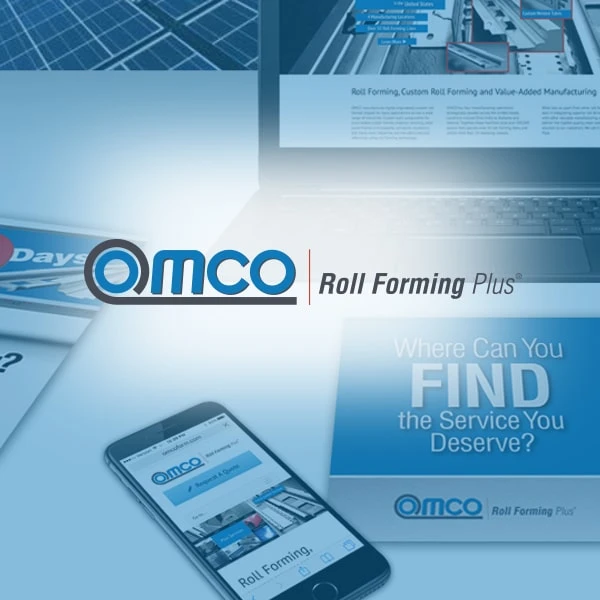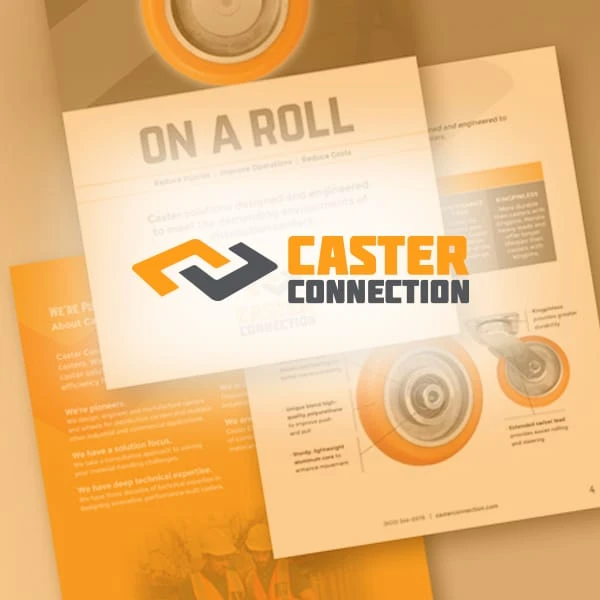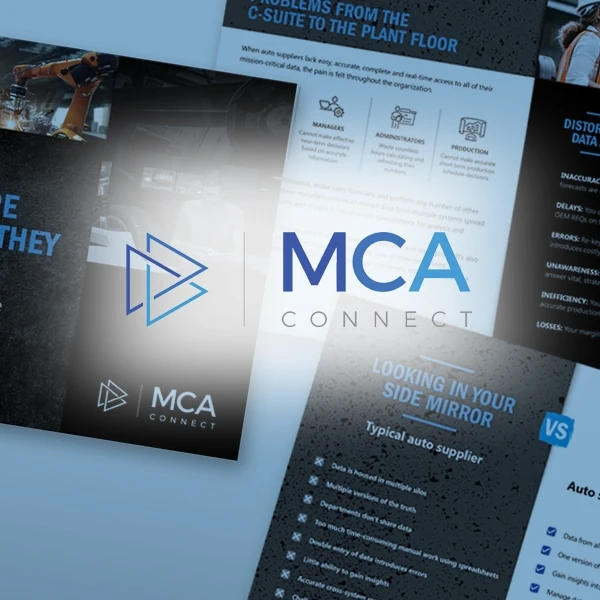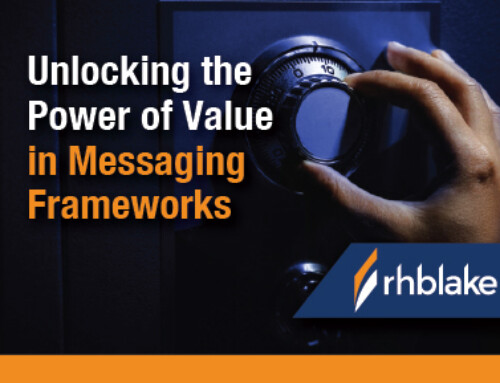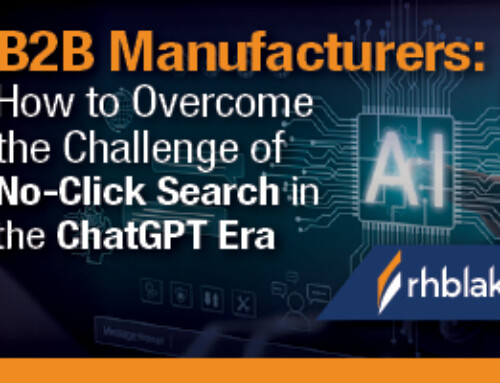As a manufacturer, do you often invest substantial engineering time and expertise on potential opportunities that don’t convert into sales? This drain on resources limits your ability to grow and scale efficiently, all while undercutting the perceived value of your engineering team.
How To Stop Giving Away Engineering Resources During the Sales Cycle while Driving Leads and Opportunities
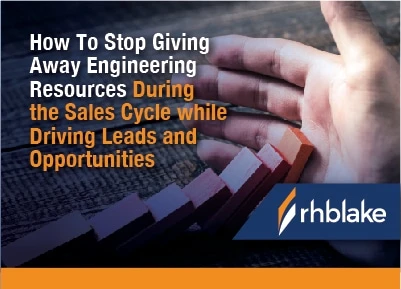
As a manufacturer, do you often invest substantial engineering time and expertise on potential opportunities that don’t convert into sales? This drain on resources limits your ability to grow and scale efficiently, all while undercutting the perceived value of your engineering team.
Instead of giving away your expertise, consider turning it into a product that you sell, while demonstrating enough value to gain a competitive edge.
By transforming engineering services into a sellable product, you reduce wasted time, enhance perceived value and increase conversions. Here are some proven ways to stop giving away engineering resources and grow your profitability.
Productize your engineering expertise
You don’t need to treat engineering time as a free add-on to the buying process. Many companies unintentionally train customers to expect unpaid access to expertise. By productizing your engineering services, you shift the narrative from “free consultation” to “valuable offering.”
Instead of leading with in-depth, resource-heavy consultations, look for ways to develop packages or modules that prospective customers purchase. These paid services demonstrate the value of your expertise while securing a financial commitment from your prospect early on.
Here’s how to start productizing your engineering expertise:
- Bundle engineering hours into packages: Offer these packages as part of an initial engagement to provide design assessments, feasibility studies or process evaluations. This approach lets your team showcase their skills, expertise, and creativity while generating revenue.
- Create service tiers: Set up multiple levels of engineering support, from introductory consultations to more-involved design or troubleshooting. Prospects choose the level of help they need, and you avoid over-committing resources.
- Offer assessments and evaluations: Charge for detailed engineering assessments, prototypes and design reviews upfront so prospects recognize your value early.
By productizing, you also discourage tire-kickers—businesses that want free advice but do not intend to purchase.
Use paid engagements to build trust
After productizing, focus on using these paid engagements to build trust. A small project or consultation allows prospects to see your capabilities in action. Once they’ve invested, they’ll understand the value of your work, which increases the likelihood they’ll turn into a long-term customer.
For example, you could start by offering a paid discovery session or feasibility study. During this stage, you’ll demonstrate how your engineering expertise solves pain points. Then follow with clear action plans, detailing the next steps in your product or service offering.
To implement this:
- Offer a low-cost entry point: Create a small-scale project or consultation package that allows potential customers to get a taste of your engineering expertise.
- Showcase tangible results: Demonstrate measurable ROI or improvements after completing a paid service to help customers justify investing in your more-comprehensive offerings.
- Present the next steps clearly: Once you’ve completed the initial paid engagement, offer a roadmap for further collaboration. Always position your core products or services as the logical next step.
By using these paid engagements to build trust, you demonstrate the value of your engineering services and establish a strong foundation for a long-term relationship with your new customer.
Qualify prospects early
When you no longer offer free engineering services upfront, you naturally qualify leads earlier in your sales process. Only those serious about solving their problems pay for the initial engagement. Which means you invest your engineering time on prospects who have already demonstrated commitment.
To qualify prospects effectively:
- Create clear qualification criteria: Use a framework that assesses the likelihood of closing a sale before dedicating significant resources. Look at such factors as budget, timeline and problem complexity.
- Set expectations during early conversations: Let prospects know upfront that your company offers paid evaluations or consultations to determine fit. This transparency weeds out those not ready to invest in your engineering services.
- Align offers with prospect needs: Match your prospect’s pain points with one of your paid offerings. This alignment ensures you don’t waste time pitching free consultations.
You save time by qualifying leads early and filtering out those who aren’t a good fit. You also focus on prospects who value your expertise and want to move forward.
Price for profitability
If you want to stop giving away engineering resources, pricing is critical. Undervaluing your services encourages prospects to expect free advice, but pricing appropriately communicates your expertise’s value.
A better approach is to price your engineering packages based on the service’s complexity, time investment and impact. Also, consider structuring your pricing so prospects move smoothly from a smaller initial engagement to larger projects. Here’s how:
- Price discovery and assessments upfront: Charge for initial feasibility studies, design assessments and consultations based on the value they provide to the customer. These services help customers see the value of your expertise and justify investing in larger projects.
- Offer project-based pricing: Instead of billing hourly, offer fixed pricing for specific deliverables, like prototypes or product designs. This pricing allows the customer to see the value clearly and eliminates surprises.
- Consider value-based pricing: Instead of pricing based on hours worked, charge based on the value your solution delivers. If your engineering expertise helps a customer solve a costly problem, your price should reflect that.
By pricing your services correctly, you align your profitability goals with the value your customers receive.
Automate parts of the process
As you know, not every aspect of your engineering services needs to be time-intensive. Automation lets you demonstrate value to prospective customers without overwhelming your engineering team. Consider automating tasks like:
- Online assessments or tools: Create simple online assessments or calculators that give prospects a general idea of the solution they need. Automate report generation based on inputs.
- Pre-recorded educational content: Offer pre-recorded webinars, training sessions and explainer videos on common challenges your prospects face to reduce your one-on-one engineering time.
- Pre-built templates or design libraries: If you frequently create similar solutions, use templates to expedite delivery. These templates give prospects a tangible result without you starting from scratch with each engagement.
Automating these services lets you capture leads and provide value while reserving personalized engineering time for more in-depth work.
The Bottom Line
To stop giving away your engineering resources, try turning your expertise into sellable offerings that build trust and value early in the sales process. By implementing these strategies, you establish a stronger foundation for long-term relationships with clients and increase the overall success of your engineering services.
So, don’t be afraid to start charging for your expertise and showcasing the value it brings to your customers. Apply these tips to your product or service offerings to see positive results in your business growth, and to establish yourself as a reputable and valuable engineering partner.
For more information on how to market and sell your engineering services effectively, contact RH Blake today. Let us help you take your engineering business to the next level.
As a manufacturer, do you often invest substantial engineering time and expertise on potential opportunities that don’t convert into sales? This drain on resources limits your ability to grow and scale efficiently, all while undercutting the perceived value of your engineering team.
How To Stop Giving Away Engineering Resources During the Sales Cycle while Driving Leads and Opportunities

As a manufacturer, do you often invest substantial engineering time and expertise on potential opportunities that don’t convert into sales? This drain on resources limits your ability to grow and scale efficiently, all while undercutting the perceived value of your engineering team.
Instead of giving away your expertise, consider turning it into a product that you sell, while demonstrating enough value to gain a competitive edge.
By transforming engineering services into a sellable product, you reduce wasted time, enhance perceived value and increase conversions. Here are some proven ways to stop giving away engineering resources and grow your profitability.
Productize your engineering expertise
You don’t need to treat engineering time as a free add-on to the buying process. Many companies unintentionally train customers to expect unpaid access to expertise. By productizing your engineering services, you shift the narrative from “free consultation” to “valuable offering.”
Instead of leading with in-depth, resource-heavy consultations, look for ways to develop packages or modules that prospective customers purchase. These paid services demonstrate the value of your expertise while securing a financial commitment from your prospect early on.
Here’s how to start productizing your engineering expertise:
- Bundle engineering hours into packages: Offer these packages as part of an initial engagement to provide design assessments, feasibility studies or process evaluations. This approach lets your team showcase their skills, expertise, and creativity while generating revenue.
- Create service tiers: Set up multiple levels of engineering support, from introductory consultations to more-involved design or troubleshooting. Prospects choose the level of help they need, and you avoid over-committing resources.
- Offer assessments and evaluations: Charge for detailed engineering assessments, prototypes and design reviews upfront so prospects recognize your value early.
By productizing, you also discourage tire-kickers—businesses that want free advice but do not intend to purchase.
Use paid engagements to build trust
After productizing, focus on using these paid engagements to build trust. A small project or consultation allows prospects to see your capabilities in action. Once they’ve invested, they’ll understand the value of your work, which increases the likelihood they’ll turn into a long-term customer.
For example, you could start by offering a paid discovery session or feasibility study. During this stage, you’ll demonstrate how your engineering expertise solves pain points. Then follow with clear action plans, detailing the next steps in your product or service offering.
To implement this:
- Offer a low-cost entry point: Create a small-scale project or consultation package that allows potential customers to get a taste of your engineering expertise.
- Showcase tangible results: Demonstrate measurable ROI or improvements after completing a paid service to help customers justify investing in your more-comprehensive offerings.
- Present the next steps clearly: Once you’ve completed the initial paid engagement, offer a roadmap for further collaboration. Always position your core products or services as the logical next step.
By using these paid engagements to build trust, you demonstrate the value of your engineering services and establish a strong foundation for a long-term relationship with your new customer.
Qualify prospects early
When you no longer offer free engineering services upfront, you naturally qualify leads earlier in your sales process. Only those serious about solving their problems pay for the initial engagement. Which means you invest your engineering time on prospects who have already demonstrated commitment.
To qualify prospects effectively:
- Create clear qualification criteria: Use a framework that assesses the likelihood of closing a sale before dedicating significant resources. Look at such factors as budget, timeline and problem complexity.
- Set expectations during early conversations: Let prospects know upfront that your company offers paid evaluations or consultations to determine fit. This transparency weeds out those not ready to invest in your engineering services.
- Align offers with prospect needs: Match your prospect’s pain points with one of your paid offerings. This alignment ensures you don’t waste time pitching free consultations.
You save time by qualifying leads early and filtering out those who aren’t a good fit. You also focus on prospects who value your expertise and want to move forward.
Price for profitability
If you want to stop giving away engineering resources, pricing is critical. Undervaluing your services encourages prospects to expect free advice, but pricing appropriately communicates your expertise’s value.
A better approach is to price your engineering packages based on the service’s complexity, time investment and impact. Also, consider structuring your pricing so prospects move smoothly from a smaller initial engagement to larger projects. Here’s how:
- Price discovery and assessments upfront: Charge for initial feasibility studies, design assessments and consultations based on the value they provide to the customer. These services help customers see the value of your expertise and justify investing in larger projects.
- Offer project-based pricing: Instead of billing hourly, offer fixed pricing for specific deliverables, like prototypes or product designs. This pricing allows the customer to see the value clearly and eliminates surprises.
- Consider value-based pricing: Instead of pricing based on hours worked, charge based on the value your solution delivers. If your engineering expertise helps a customer solve a costly problem, your price should reflect that.
By pricing your services correctly, you align your profitability goals with the value your customers receive.
Automate parts of the process
As you know, not every aspect of your engineering services needs to be time-intensive. Automation lets you demonstrate value to prospective customers without overwhelming your engineering team. Consider automating tasks like:
- Online assessments or tools: Create simple online assessments or calculators that give prospects a general idea of the solution they need. Automate report generation based on inputs.
- Pre-recorded educational content: Offer pre-recorded webinars, training sessions and explainer videos on common challenges your prospects face to reduce your one-on-one engineering time.
- Pre-built templates or design libraries: If you frequently create similar solutions, use templates to expedite delivery. These templates give prospects a tangible result without you starting from scratch with each engagement.
Automating these services lets you capture leads and provide value while reserving personalized engineering time for more in-depth work.
The Bottom Line
To stop giving away your engineering resources, try turning your expertise into sellable offerings that build trust and value early in the sales process. By implementing these strategies, you establish a stronger foundation for long-term relationships with clients and increase the overall success of your engineering services.
So, don’t be afraid to start charging for your expertise and showcasing the value it brings to your customers. Apply these tips to your product or service offerings to see positive results in your business growth, and to establish yourself as a reputable and valuable engineering partner.
For more information on how to market and sell your engineering services effectively, contact RH Blake today. Let us help you take your engineering business to the next level.
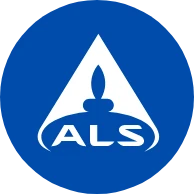
"You guys met our expectations in every way. It [RH Blake Market Research] was the information we were looking for. Congratulations and Thank You!"
 Scott Griggs
Scott Griggs
Director of Services for Food Manufacturing and Food Service
ALS Global

"“I’ve gotten all that I’d hoped for from the RH Blake Growth Roadmap™ and more. Based on the research and insights, we adjusted our offering scope and sales approach. And this adjustment has been effective at generating new opportunities."
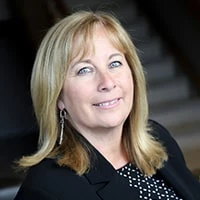 Diane Reko
Diane Reko
President
REKO International

"RH Blake has been an outstanding partner. They deliver creativity, on time, and always so professional. We love working with them because of their perspective, support, and their efficiency in turning projects around quickly."
 Samantha Spano
Samantha Spano
Digital Product Marketing & Communications Manager
Industrial Automation Energy Industries
ABB
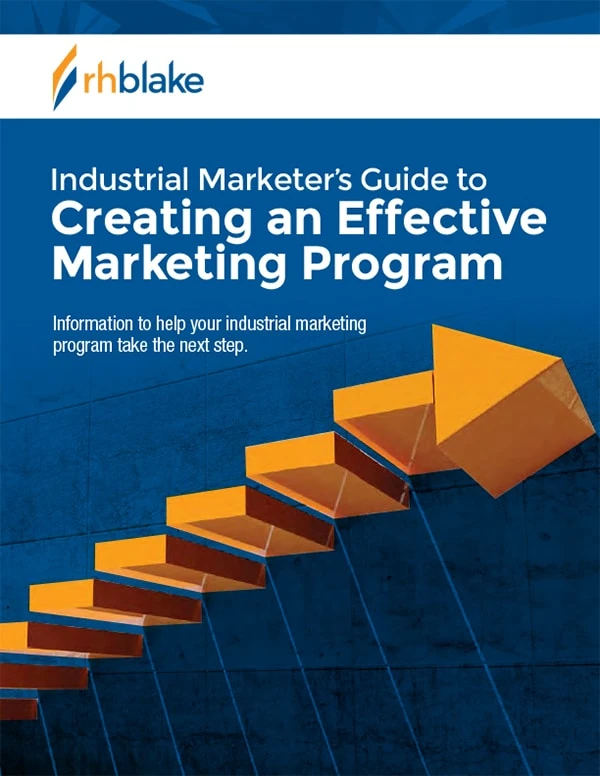
Industrial Marketer’s Guide to Creating an Effective Marketing Program
147 pages of actionable ideas to help you create a winning marketing strategy and program

Industrial Marketer’s Guide to Creating an Effective Marketing Program
147 pages of actionable ideas to help you create a winning marketing strategy and program
Related Clients


